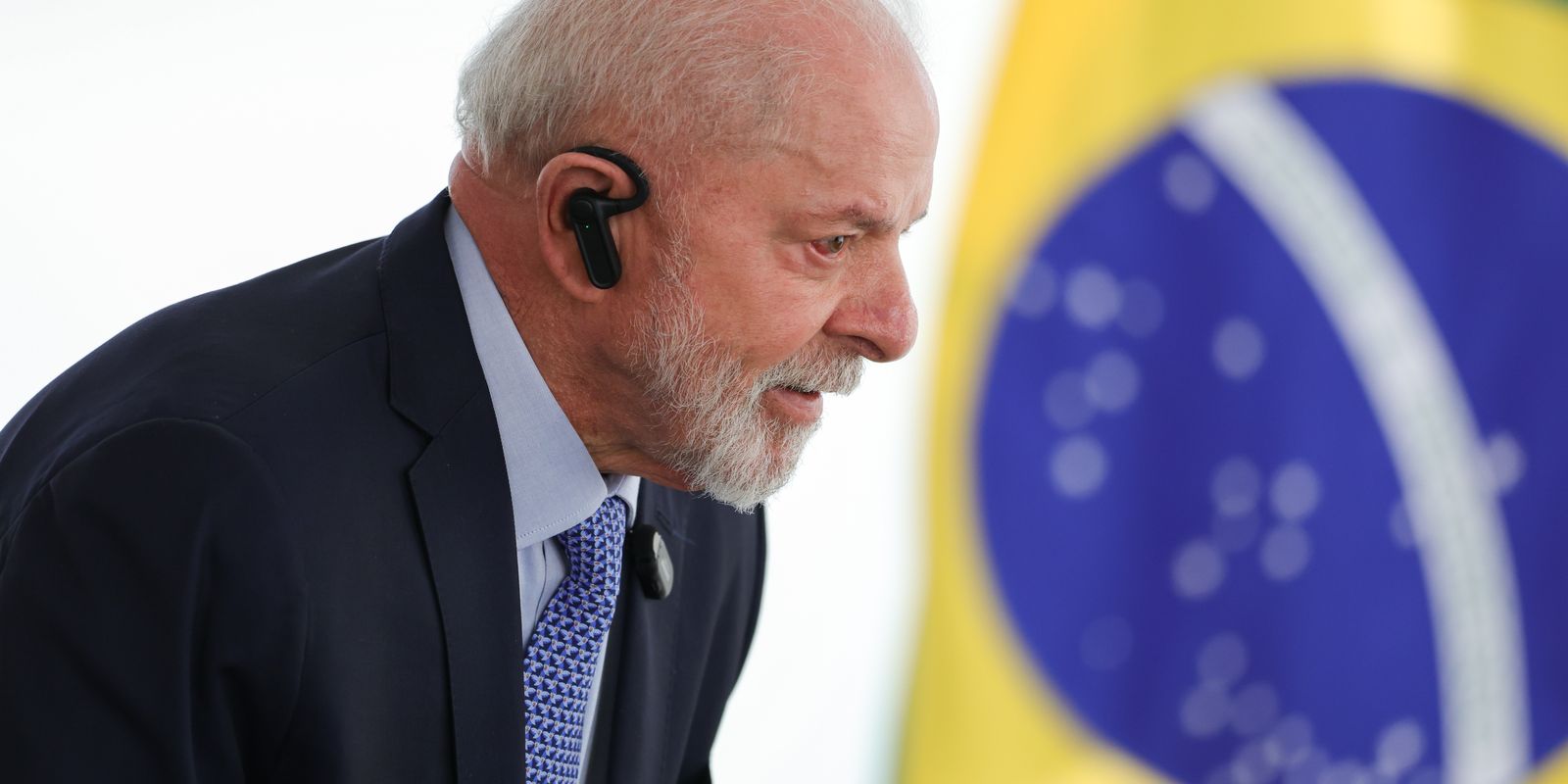President Luiz Inácio Lula da Silva vetoed the section that prohibited the blocking of mandatory parliamentary amendments when sanctioning Complementary Law No. 200/2024, published in the Official Gazette of the Union, this Tuesday (31). The legislation provides for new measures to reduce spending in the event of a fiscal deficit in public accounts. 
Originally, the text approved by the National Congress provided for new rules for contingency and blocking of parliamentary amendments. The Ministries of Finance and Planning recommended vetoing the device. The government justified that Article 67, by not providing for the blocking of mandatory amendments, would be in disagreement with the decision of the Federal Supreme Court (STF).
When justifying the veto, the government argued that all parliamentary amendments, including mandatory ones, must have the same treatment as other discretionary expenses of the Executive.
“Without there being an express provision of these last types of parliamentary amendments as being subject to blocking, the device would be in dissonance with the understanding of the STF provided for in ADPF nº 854, in the sense that ‘any rules, restrictions or impediments applicable to the discretionary programming of the Executive Branch apply to parliamentary amendments, and vice versa’”.
The government also claimed that the vetoed article goes against the public interest by not allowing these amendments to be blocked. “The device, in addition to creating difficulties in complying with the fiscal rule, would establish differentiated treatment between such parliamentary amendments and other discretionary expenses of the federal Executive Branch, in a manner incompatible with the principles of efficiency, efficacy, effectiveness, impersonality and supremacy of interest that guide public administration”, concluded Palácio do Planalto.
Tax framework
The sanctioned legislation aims to reduce public debt and was in the government’s fiscal package sent to Congress. The law determines that, between 2025 and 2030, the financial surplus of five public funds can only be used to reduce debt.
The funds mentioned are the Defense of Diffuse Rights (FDD), the National Traffic Safety and Education (Funset), the Army, the Air Force and the Naval. Three funds provided for in the original text were removed from the substitute: National Anti-Drug Fund (Funad), Merchant Marine Fund (FMM) and National Civil Aviation Fund (FNAC).
Another provision of the law is that, if a deficit is found in public accounts from 2025 onwards, there will be no concessions, expansions or extensions of tax incentives and benefits.
Another point is that, in cases of deficit, a real increase above 0.6% in personnel expenses and charges for each Power and autonomous bodies is prohibited until 2030. The only exception to this are amounts awarded due to a court ruling.
The new law also provides that expenses for the creation or extension of new social benefits must vary limited to the growth rule of the fiscal framework.















